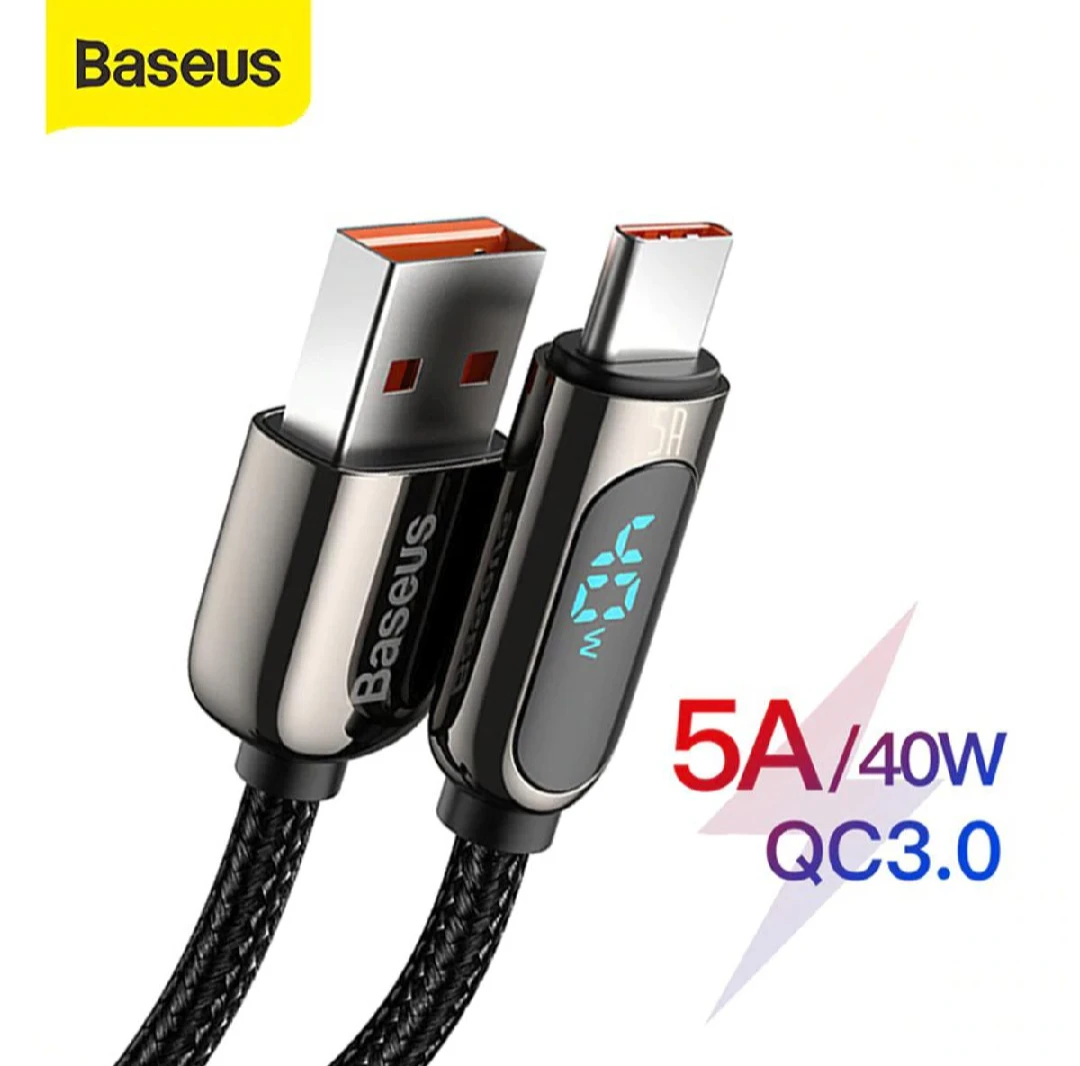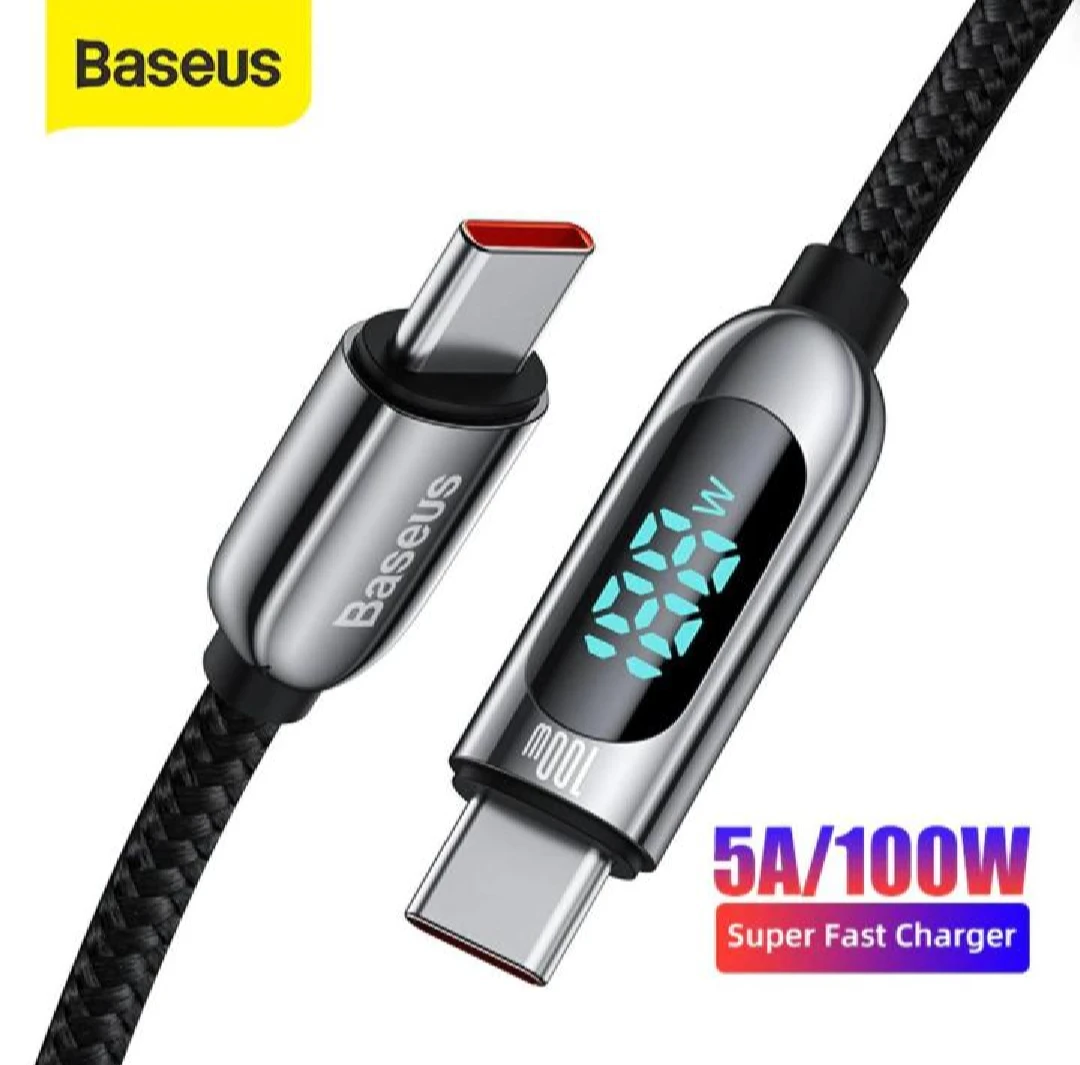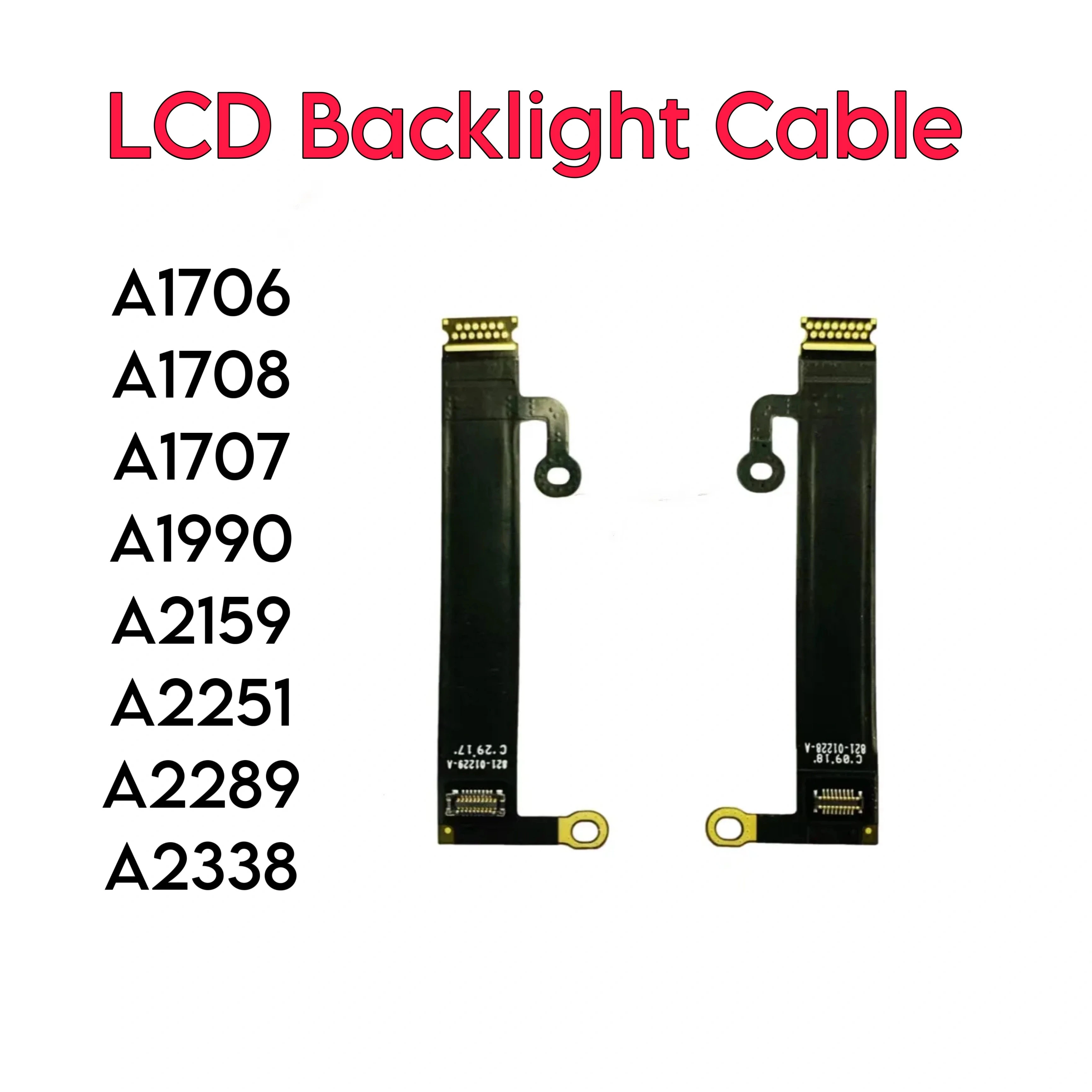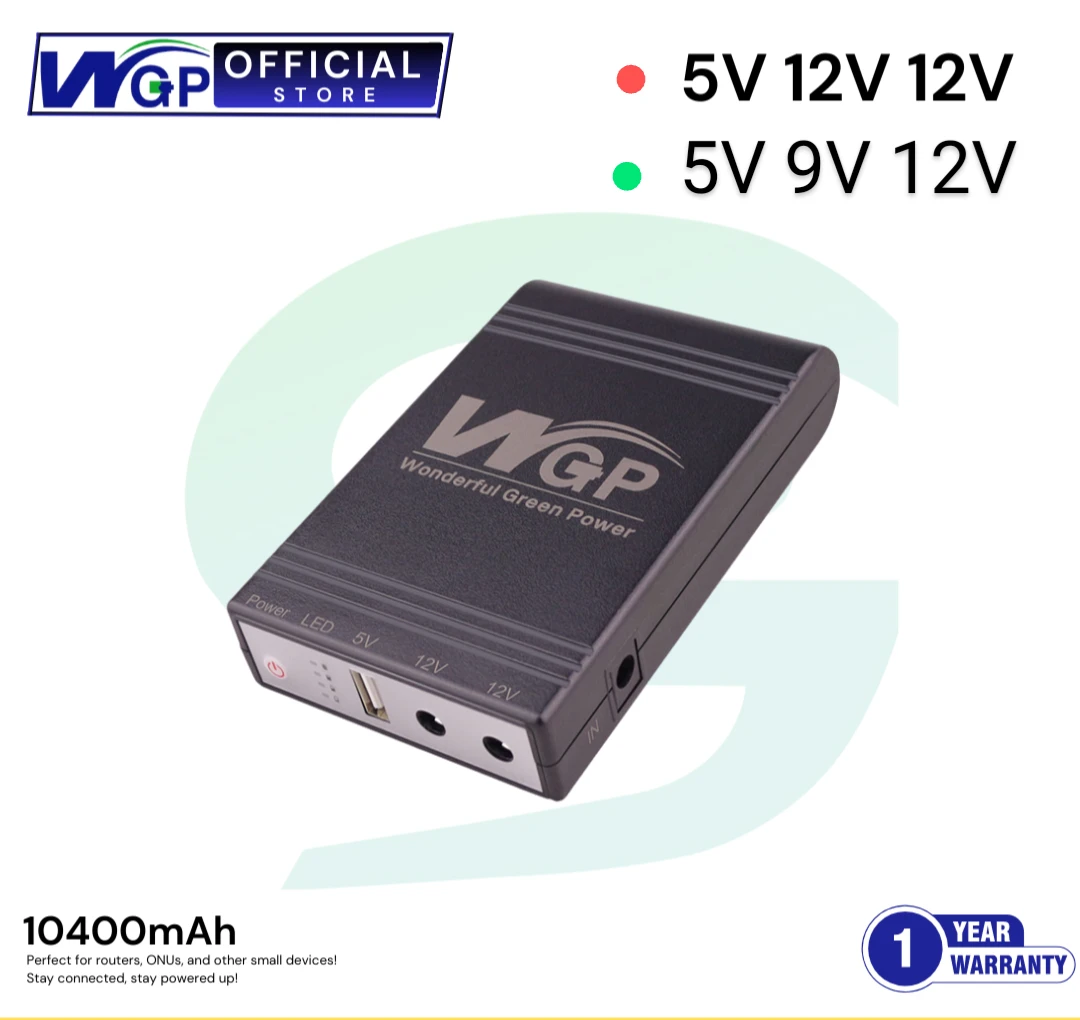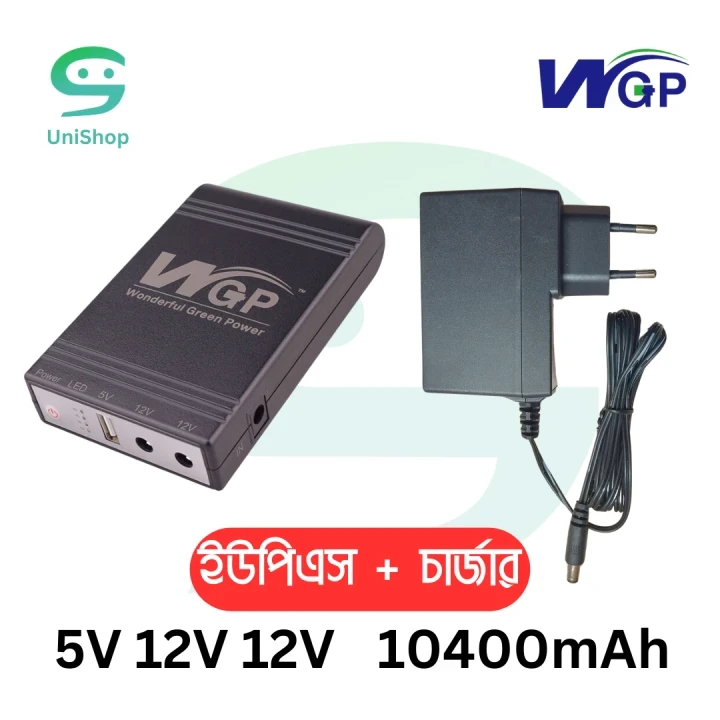
Introduction
What is a Hydraulic Door Closer?
Benefits of Using a Hydraulic Door Closer
Types of Hydraulic Door Closers
Key Features of Hydraulic Door Closers
Choosing the Right Hydraulic Door Closer
Installation Process
Maintenance Tips for Hydraulic Door Closers
Comparing Hydraulic Door Closers with Other Types
Applications of Hydraulic Door Closers
Innovations in Hydraulic Door Closers
Cost Considerations
Frequently Asked Questions (FAQs)
Conclusion
5 Unique FAQs After the Conclusion
In the world of modern architecture and building management, door closers play an essential role. They ensure that doors close automatically after being opened, enhancing security, preserving indoor climate control, and maintaining privacy. Among the various types of door closers available, hydraulic door closers stand out for their efficiency and reliability. In this comprehensive guide, we'll explore everything you need to know about hydraulic door closers.
A hydraulic door closer is a mechanical device that uses hydraulic fluid to control the speed and force with which a door closes. This ensures a smooth and controlled closing action, preventing the door from slamming shut.
Hydraulic door closers operate through a system of pistons and springs. When the door is opened, hydraulic fluid is displaced through a series of valves, regulating the door's closing speed. The fluid's resistance can be adjusted to control how quickly or slowly the door closes.
Hydraulic door closers enhance safety by ensuring doors close securely after being opened. This prevents unauthorized access and reduces the risk of accidents, such as doors being left ajar.
By ensuring doors close properly, hydraulic door closers help maintain indoor temperatures, reducing the need for heating or cooling. This results in energy savings and a more comfortable indoor environment.
A significant benefit of hydraulic door closers is their ability to reduce noise. The controlled closing action minimizes the sound of doors slamming, contributing to a quieter environment.
Hydraulic door closers are built to last, with robust construction that can withstand frequent use. Their durability makes them a cost-effective solution over time, reducing the need for frequent replacements.
Surface-mounted hydraulic door closers are installed on the surface of the door or frame. They are visible but come in various styles and finishes to match different aesthetic preferences.
Concealed hydraulic door closers are installed within the door frame, making them invisible when the door is closed. This option is ideal for those seeking a sleek and unobtrusive look.
Floor spring hydraulic door closers are embedded in the floor and connected to the bottom of the door. They are commonly used for heavy or high-traffic doors, offering robust support and smooth operation.
Many hydraulic door closers allow you to adjust the closing speed, providing flexibility based on your specific needs and preferences.
The backcheck function prevents the door from being opened too forcefully, protecting the door and frame from damage.
The delayed action feature slows down the door's closing speed for a set period, allowing more time to pass through before the door closes.
The hold-open feature allows the door to remain open at a set angle until it is manually closed. This is particularly useful in settings where doors need to be kept open temporarily.
The type of door and its usage are crucial factors in selecting the right hydraulic door closer. Consider whether the door is used frequently, the weight and size of the door, and the environmental conditions.
Ensure the hydraulic door closer is rated to handle the weight and size of your door. Using a closer that is too weak or too strong can lead to improper functioning and potential damage.
The location of the door, whether indoors or outdoors, and environmental factors like humidity and temperature can affect the performance of a hydraulic door closer. Choose a model designed to withstand these conditions.
Before beginning the installation, gather the necessary tools and materials, including a drill, screws, a screwdriver, and the hydraulic door closer kit.
Perform regular inspections to check for signs of wear and tear. Address any issues promptly to prevent further damage.
Keep the closer clean and lubricated to ensure smooth operation. Avoid using harsh chemicals that can damage the components.
If the door closer is not functioning correctly, check for common issues like fluid leaks, misalignment, or worn-out parts. Refer to the manufacturer's guide for troubleshooting tips.
Hydraulic door closers use fluid to control the door's closing action, while pneumatic door closers use air pressure. Hydraulic closers offer smoother and more consistent performance, especially in varying environmental conditions.
Electromagnetic door closers use an electric current to hold the door open and release it to close. They are ideal for settings requiring automatic door control, while hydraulic closers are more suitable for manual door operations.
In residential settings, hydraulic door closers are commonly used for entrance doors, providing security and energy efficiency.
Hydraulic door closers are widely used in commercial and industrial settings, such as offices, hospitals, and factories, where heavy-duty performance is required.
Smart hydraulic door closers integrate with home automation systems, allowing remote control and monitoring via smartphones or other devices.
Eco-friendly hydraulic door closers are designed with sustainable materials and energy-efficient features, contributing to environmental conservation.
While hydraulic door closers may have a higher upfront cost compared to other types, their durability and performance justify the investment.
The long-term savings from reduced energy costs, fewer repairs, and extended lifespan make hydraulic door closers a cost-effective choice.
Hydraulic door closers can last many years with proper maintenance, often exceeding a decade of reliable service.
Yes, hydraulic door closers can be adjusted for closing speed, backcheck, and other functions to suit your specific needs.
No review given yet!
 Fast Delivery all across the country
Fast Delivery all across the country
 Safe Payment
Safe Payment
 7 Days Return Policy
7 Days Return Policy
 100% Authentic Products
100% Authentic Products
